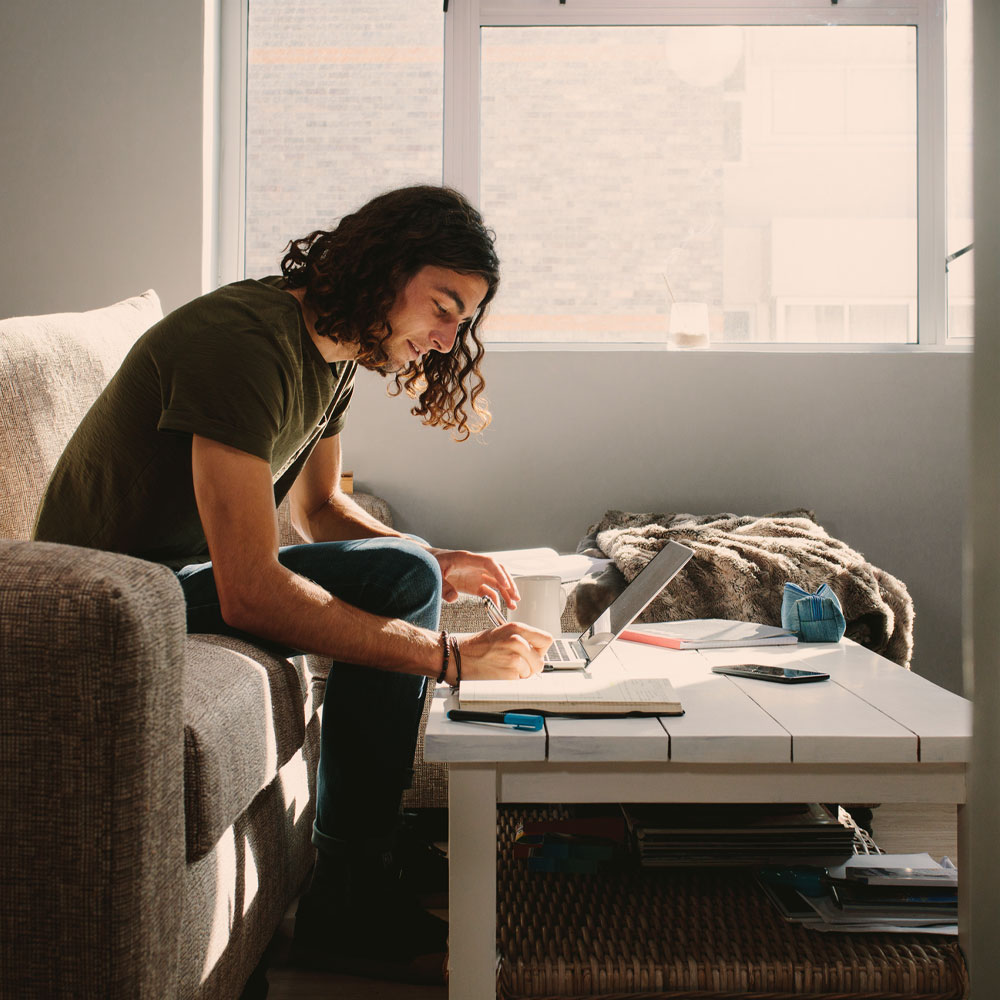You’re about to start your first job. Or you’re planning on moving out of home and into a share house. Either way, it’s an exciting time of your life. But guess what? You’ve now got bills to pay. Managing money is a skill. That’s why it’s important to have a budget. Making small changes to your spending habits can make a big difference to your savings.
Read more…

In simple terms, a budget is a spending plan based on your income and your expenses. ‘Income’ includes any money you’ll earn from working. Or any form of government assistance. Or if you’re lucky, an allowance from your parents. ‘Expenses’ include things like your weekly rent. Electricity. Food. Mobile phone charges. Transport costs. Shopping. Eating out – you get the idea. Of course, if you’re still living at home then you’ll have less expenses to worry about – so enjoy it while you can.
Track your monthly expenses
To get an accurate idea of your spending patterns, start recording your expenses. Write down every single expense. Buying a coffee. Going out for lunch. Takeaway food. Going to a movie. Buying makeup. Your gym membership – they’re all expenses. (But are they all necessary?) Then compare all of this against your income. Have you managed to save anything?
Change your habits
Making small changes to your spending habits can make a big difference to your savings. For example, buying a coffee every day at your favourite café can add up to $25 or more a week. This works out to be over $1200 a year – that’s the cost of a flight overseas and back. By cutting back on the smaller ‘little luxury’ purchases, you’ll save more money. This doesn’t mean going without – it means being smarter with your money.
Impulse shopping
Marketing companies encourage you to buy things you don’t need. It’s called ‘impulse buying’. So if you’re someone who likes to browse for clothes, or makeup, or jewellery, that’s okay. (it’s the impulse buying that’s the problem). Instead, try setting aside a monthly budget for this type of purchase. And when you reach your monthly limit, stop spending. Again, this is all part of budgeting.


Set up a bank account (and a savings account)
Once you start working you’ll need a bank account for your pay to go into. Better still, think about setting up a separate savings account as well. A savings account enables you to contribute a regular amount each month. Over time, this can help to pay for ‘big ticket’ items down the line. This can include your first car. An overseas holiday. Your first home. Your wedding – you name it. Talk to your parents, or someone at the bank, about the best savings account for your needs.
Credit cards
Once you turn 18, you can apply for a credit card. With one simple swipe of the card, you can buy just about anything you want. Provided, of course, you have the credit funds available. The cost of using a credit card is not cheap – interest repayments can be upwards of 20%. Before you know it, you can find yourself with crippling debt if you can’t manage the repayments. So, if you’re starting a new job, or preparing to move out of home, be very careful about having a credit card.
If you need to make online purchases, consider linking a MasterCard or Visa Debit card to your bank account. These cards work like cash, only better. They have the functionality of a credit card but use funds directly from your bank account. No debt, no interest, no worries.
4 tips to follow
- Set money goals to help you work out where you want your money to go.
- Look at your regular costs and when bills are due, and know your spending habits.
- Consider needs and wants, and decide what you can cut or reduce.
- Start saving for an emergency fund, to prepare for life’s surprises.
To learn more about budgeting, visit the Australian Government website Money Smart.

Key takeaway
By cutting back on the smaller ‘little luxury’ purchases, you’ll save more money. This doesn’t mean going without – it means being smarter with your money.

